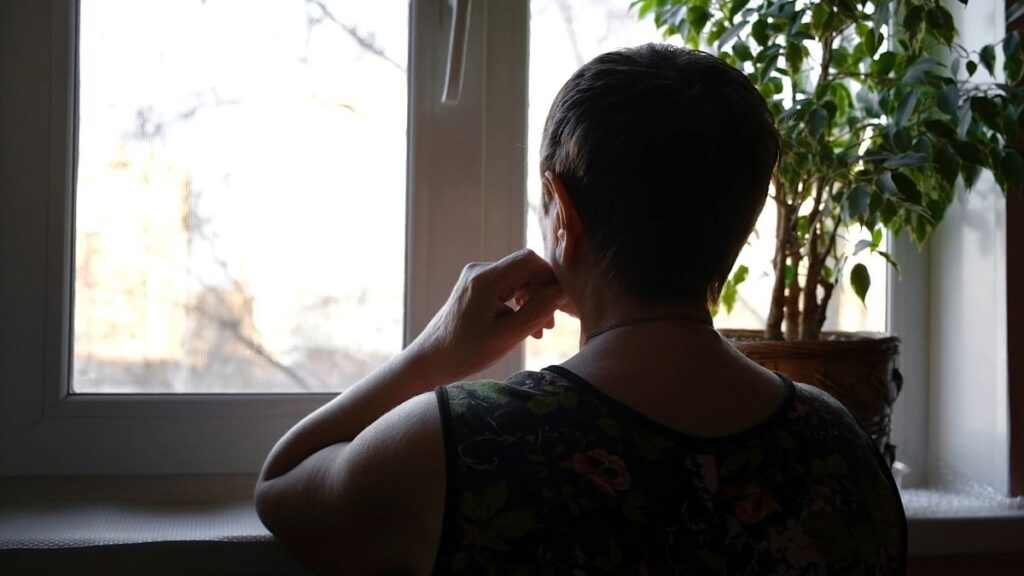Europeans can expect to get lonelier as they age – but Americans could face their biggest social lull in midlife, new research suggests.
Loneliness has emerged as a major public health issue that raises the risk of everything from depression and type 2 diabetes to dementiaand stroke. But it’s often thought of as a problem afflicting the very young and the very old, with the middle-aged population sometimes overlooked.
For the new study, researchers measured the loneliness levels of more than 64,000 people aged 50 to 90 in 29 countries, most of them in Europe. They used a loneliness scale that took into account how often people felt they lacked companionship, were left out, or socially isolated.
Middle-aged and older adults were the loneliest in Cyprus and Greece, according to the study published in the journal Aging & Mental Health. They were the least lonely in Denmark, Switzerland, and Austria.
Across countries, people tended to get lonelier as they aged – but just how much lonelier depended on where they lived, with those in Bulgaria and Latvia seeing the biggest increases with age.
At all ages, loneliness was linked to not working and being unmarried, depressed, or in poor health, but how important these factors were depended on the country and age group.
In the United States, for example, being out of work was closely tied to loneliness in midlife. It was the only country where middle-aged people felt more lonely than older generations. (The same trend emerged in the Netherlands, but the report noted data limitations that make that association less certain.)
‘A signal to seek more connections’
The differences between countries and age groups suggest that loneliness isn’t just a natural consequence of ageing – it’s likely tied to broader social factors such as work and caregiving demands, the researchers said.
“Our findings show that loneliness is not just a late-life issue,” Esteban Calvo, a dean at the Universidad Mayor in Chile and the study’s senior author, said in a statement.
“A one-size-fits-all approach will not solve this worldwide problem,” Calvo added.
The report has a few limitations, notably that data were collected before the COVID-19 pandemic and that response rates were low in some countries, meaning the findings may not be fully representative.
It also did not suss out the factors it says are linked to loneliness. A single person could be divorced, widowed, or never married, for example, while an out-of-work person could either be unemployed or retired – and these distinctions could make a big difference.
“Some things that are not necessarily that actionable. … Everyone eventually loses a partner,” Caterina Mauri, a senior researcher at the Brussels Institute for Social and Population Studies at the Free University of Brussels (VUB), told Euronews Health.
But given the links between loneliness, health outcomes, and quality of life, it’s a topic she believes deserves more attention – for people of all ages.
“Loneliness is something that is part of our lives, but it becomes problematic when it’s chronic, when it leads to depression,” said Mauri, who was not involved with the new study.
Loneliness “is a bit like hunger,” she said, serving as a “signal to seek more connections”.
Premium IPTV Experience with line4k
Experience the ultimate entertainment with our premium IPTV service. Watch your favorite channels, movies, and sports events in stunning 4K quality. Enjoy seamless streaming with zero buffering and access to over 10,000+ channels worldwide.

















